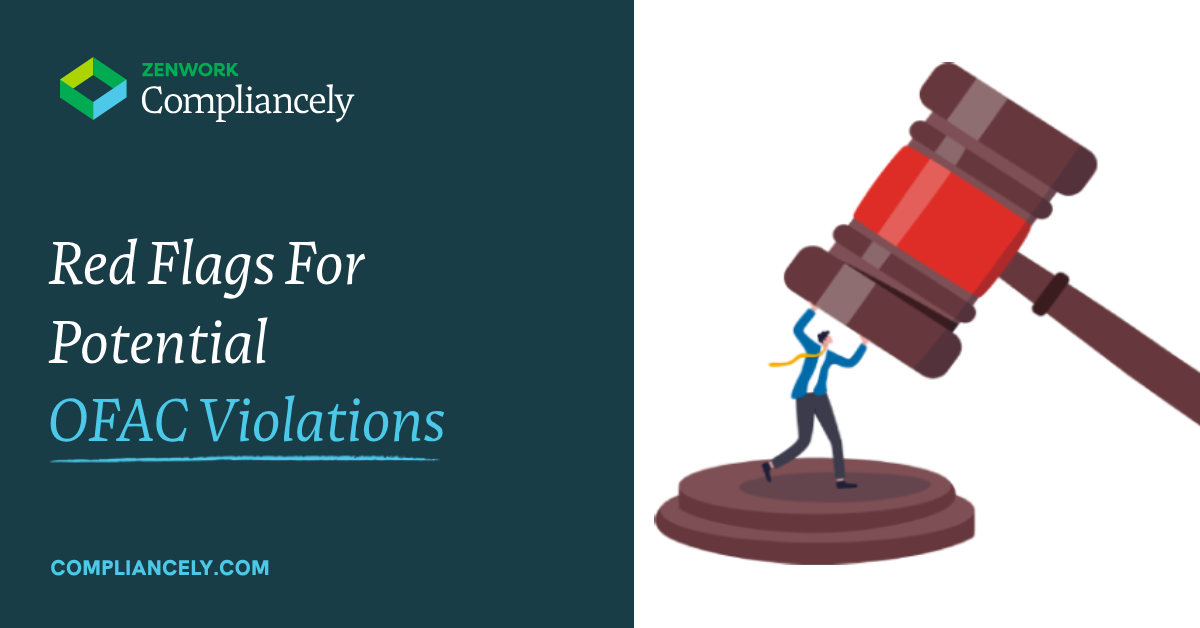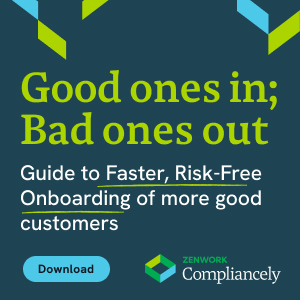
Red Flags For Potential OFAC Violations
The Office of Foreign Asset Control, commonly known as OFAC is a financial intelligence and enforcement agency of the U.S Treasury Department. The regulatory body was designed to help protect and empower the national security of the U.S. against foreign states and organizations that have engaged or currently engage in certain non-compliant activities, such as terrorism.
To make the subject more relevant in your books, here’s how you can look at the agency’s purpose.
When you onboard a new client, be it an entity or an individual, you utilize your identity verification methods to validate the incoming profile’s background and check if they are who they say they are. You may also run a variety of checks to assess the risk a profile could bring. When you find insights into this profile’s non-compliant background, you may decide whether to onboard the profile or not.
The OFAC is the federal national security and financial intelligence body that regulates and sanctions individuals and entities from foreign states who have been involved in some kind of fraudulent and non-compliant activities, such as drug trafficking, terrorism, terror funding, money laundering, and more.
So, if you recently found out that one of your A-list clients has been sanctioned through an OFAC check, it’s due to the results of OFAC’s Office of Global Targeting (OGT) and their diligent investigations.
According to the University of Idaho, “OFAC regulates economic trade with foreign countries and administers the statutory economic trade sanctions and embargoes imposed on specific foreign countries based on foreign policy, national security concerns, or international treaty obligations.”
Sanctions can be issued against individuals and companies alike to protect domestic companies from engaging with unknown, fraudulent, and/or risky foreign individuals, institutions, organizations, groups, and even specific countries. The OFAC regulations are in place to strengthen the U.S. national security and improve compliant economic ecosystems domestically and globally.
What are OFAC Violations?
Engaging in any kind of economic trade with individuals and entities sanctioned by the OFAC is treated as a violation of the OFAC regulations. The consequence of such a breach could be financial penalties, civil liabilities, reputational losses, and more.
The penalties are usually higher for those who engage in trade with sanctioned individuals and entities with willful disregard. The breaching company or individual could also endure operational prohibitions, civil penalties, and criminal punishments (depending on the extent and the severity of the violation). Each violation could cost you $1.5 million or higher.
What are Some Common Red Flags For OFAC Violations?
If you suspect that some of your clients or prospects could be under the radar of the OFAC, then you must trust your KYC intelligence and intuition. By streamlining and strengthening your Know Your Client process, you could even spot and prevent high-risk profiles.
It is always a good idea to cross-verify your client’s behaviour and activities against a list of common OFAC red flags as suggested and instituted by the U.S. Treasury Department.
- When the customer’s address matches a sanctioned person’s address listed on the Denied person List
- When the customer or their purchasing agent does not furnish sufficient information during the enrollment or onboarding process
- When the customer refuses to submit any documentation as proof of identity
- When the customer does submit some information but the documentation provided is invalid and not recognized by any acceptable authoritative body
- When the customer provides historic contact information, such as phone numbers and addresses that are no longer used by the customer
- When you receive alerts from third-party agencies, such as debt collection agencies who have listed your customers in their watch lists
- When you observe sudden changes in their account activities. For example, too many funds are coming in and too many funds are going out but the sources of funding are not disclosed
- In the case of business trade, when the customer is willing to pay for bulk orders or highly expensive items in cash. Transactions beyond a certain financial scope require the buyer to approach finance options or loans, but when the customer is requesting you to accept cash, watch out.
- When the customer has very little knowledge about business or has no business background
- When the customer is not sure how your products or services would help serve their purpose or is unfamiliar with the working capabilities of your products/services but still wants to purchase them anyway
- When the customer refuses to have your personnel at their location for asset verification, physical interactions and is unavailable for other modes of communication
- When the customer operates their joint accounts or current accounts from remote locations or cross-border locations or targeted countries
- When the address provided in the documentation at the time of onboarding is different from the physical address of the customer (or their business)
- When you reach out to the customer regarding suspicious activity, but the customer is reluctant to provide sufficient information or they are hesitant to provide any further information.
Useful Link: Red flags to look out for during export trade
How To Identify If An Individual Or Entity Is Listed In The OFAC Watch List?
When individuals or entities indulge in activities or projects or regimes that they know are against the laws, they usually try to hide it from you as much as possible. Further, they might even divulge non-correlated facts or information which act as catalysts to distract your investigations from concluding.
This is why in addition to relying on manual identity verification and validation processes, businesses are also investing in automated identity verification solutions that provide real-time results.
Meet Compliancely, the real-time identity verification API infrastructure designed to merge with your business ecosystem and provide you industry’s sleekest identity validation solutions.
Right from OFAC Watch List check to IRS TIN Matching, we have got you covered.
With 17+ authorized checks, your business can future-proof its business associations and customer-centric and vendor-centric operations.
